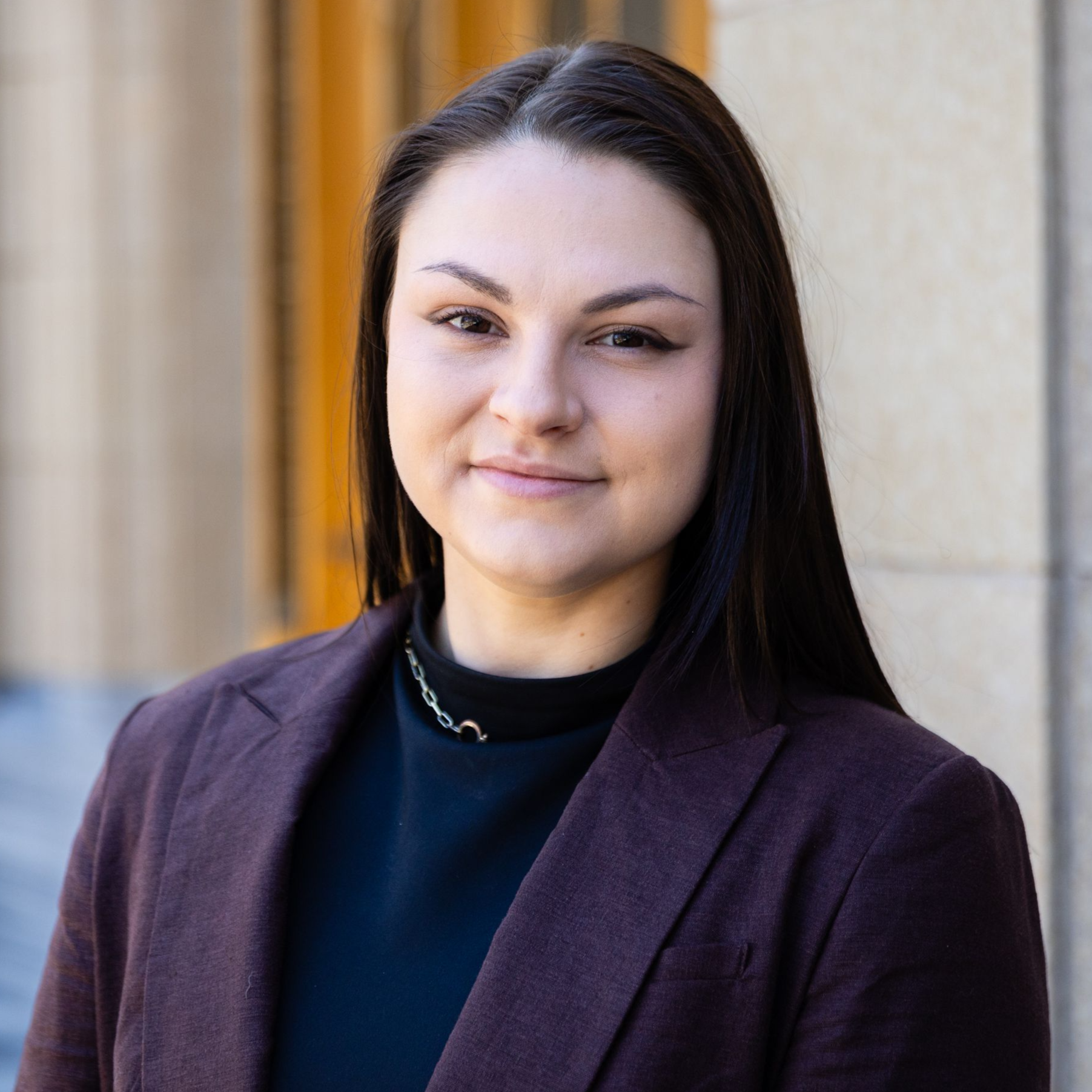Carolyn Long Banks was an Atlanta trailblazer

Atlanta City Councilman Keisha Sean Waites says some of the city’s most powerful women are indebted to Carolyn Long Banks.
Banks, the first Black woman to serve on Atlanta City Council, “provided a pathway for people like Mayor Shirley Franklin and Mayor Keisha Bottoms to come along and serve,” Waites said Thursday. “She made people feel comfortable with women serving in leadership roles.”
Carolyn Long Banks, 82, a trailblazing civil rights activist and Atlanta City councilmember from 1980 to 1997, died Wednesday after a long illness. She was surrounded by family, daughter April Wyatt said.
A fourth-generation Atlantan, Banks was one of the founders of the Atlanta Student Movement, which helped energized Black college students here and across the nation to stage peaceful demonstrations aimed at ending legalized segregation in public facilities. She also worked with the late Dr. Martin Luther King Jr. on the Committee on Appeals for Human Rights, a manifesto that outlined the Black community’s problems.
“Atlanta was promoting itself as the city too busy to hate, and this took that to task and pointed out the inequities in education, jobs, housing, voting, and other areas,” said Atlanta historian Andy Ambrose. “This was students saying: ‘We’re not going to wait patiently for things to happen.”
In 1980, Banks was appointed to the Atlanta City Council to succeed Marvin Arrington Sr., after he assumed the role of council president. She was re-elected several times and served as president of the National League of Cities in 1994. She left office in 1997.
“Throughout her life, she had an unwavering commitment toward social and economic justice,” said City Councilmember Michael Julian Bond, son of the late civil rights activist Julian Bond.
Councilwoman Andrea L. Boone said the former councilwoman will be remembered for having “a truly astounding impact on our community,” while Mayor Andre Dickens hailed her for leading “with a natural fearlessness few possess.
“Over the course of a distinguished, extensive career, Carolyn Long Banks was a woman of firsts, opening long-closed doors so that future generations could follow,” the mayor said. “She dedicated her life to serving the city she loved and improving the lives of the people who call it home.”
Banks graduated from Atlanta’s Henry McNeil Turner High School, Clark College, now Clark Atlanta University, and Georgia State University. While at Clark, she joined Delta Sigma Theta Inc. and was active in the sorority for the rest of her life.
Dr. Georgianne Thomas marched with Banks, Dr. Martin Luther King, and others as a member of the Atlanta Student Movement in 1960, and said activism was “part of (Banks) DNA.”
Banks’ brother, Ralph Long Jr., was one of the first three African Americans to integrate Georgia Tech, Thomas said.
Daughter April Wyatt said Banks’ parents were very in tune with the civil rights movement and supportive of their children’s involvement.
“But they also were afraid because they were going up against water hoses, dogs, and violent people,” she said.
Wyatt said she joined her mother on several marches, including the famous one in Forsyth County in 1987.
Banks had a long list of achievements. She was the first Black buyer for Rich’s Department Store. She served on the Commission on the Status of Women at the request of then-Georgia Governor Jimmy Carter.
During her term as president of the National League of Cities, Banks helped to shape the country’s municipal legislative agenda, testified before Congress, and met regularly with President Clinton and members of Congress. She was also president of the National Black Caucus of Local Elected Officials and Women in Municipal Government.
Annually, while in elective office, she counseled first-time elected municipal officials at Harvard University.
Last August, Banks was presented with one of a number of awards given out by President Joe Biden to dedicated community members.
Despite her often busy schedule, Banks always took time to be with family, her daughter said.
“She understood the value of family and servitude, and I think my mom had a great balance for doing both,” April Wyatt said. “She was small in stature and tall in strength and respect.”



